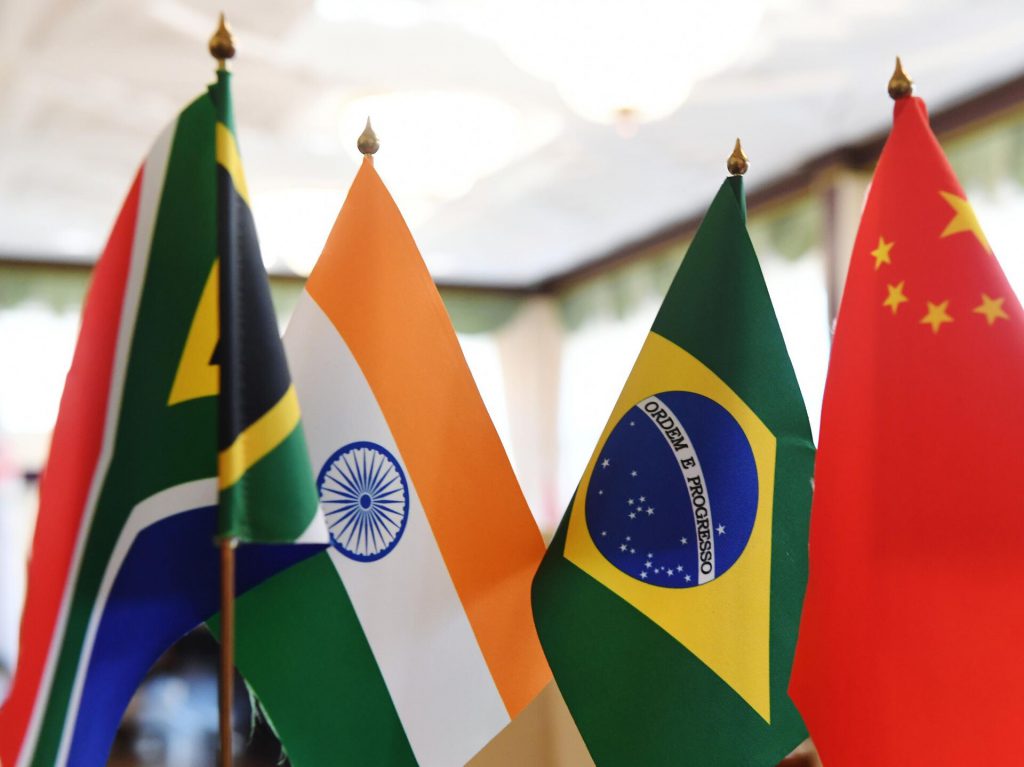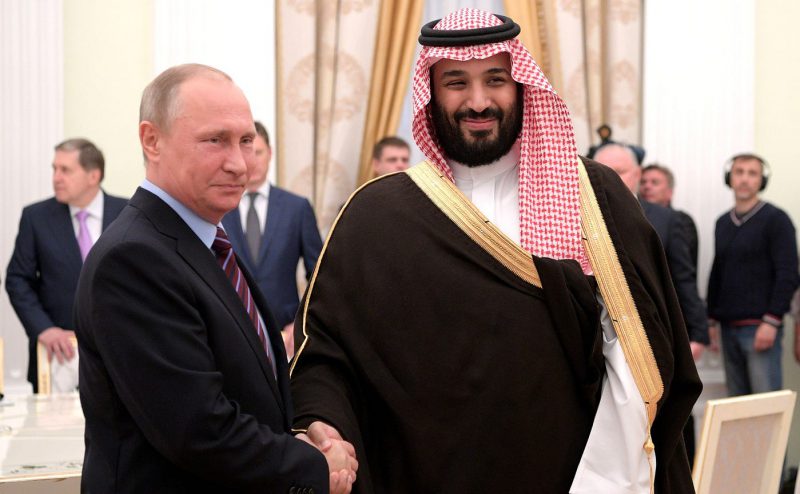With the historic expansion announced at this week’s summit, the BRICS alliance now controls 30% of the entire global economy. In fact, the bloc has officially invited six countries, including Saudi Arabia and the United Arab Emirates (UAE), to join its ranks. Subsequently, this shifted the balance of global power.
Over the course of the two-day summit, the bloc was able to reach a consensus on expansion. Moreover, they sent invitations to six nations that would be set to join the alliance in the coming year. Now, the global economy has completely reshaped with the impending inclusions, with BRICS encompassing nearly a third of the global economy.
Also Read: Saudi Arabia, UAE, and 4 Other Countries Officially Joining BRICS
BRICS Set to Control 30% of Global Economy Post-Expansion


The entire world was fixated on the ongoing BRICS summit in Johannesburg. With more than 40 heads of state set to travel to the event, the geopolitical world was observing to see if the bloc would opt to implement a growth plan. Now, we know that they did in fact choose to expand its membership.
Following expansion, BRICS is set to control 30% of the entire global economy. Indeed, the bloc sent invitations to Saudi Arabia, the UAE, Iran, Egypt, Argentina, Ethiopia, and Egypt. The total GDP of the bloc has changed the economic power balance of the economic collective.
Also Read: 15 Countries Seeking to Join BRICS Bank as Summit Begins
Of those newly introduced nations, Saudi Arabia leads with a GDP of $1.06 trillion. Subsequently, Argentina and the UAE follow with $641 billion and $499 billion, respectively. Finally, Egypt and Iran boast GDPs above $360 billion, with Ethiopia reaching $156 billion. The new BRICS acquisitions bring it to control of a combined 30% percent of the global economy.
Alternatively, expansion is set to have massive implications for the geopolitical world. Specifically, Saudi Arabia is poised to have ramifications for the de-dollarization efforts that the bloc has put forth throughout the year. Especially as it can bring a lot of oil sales that could be settled outside of the US dollar. Falling in line with the bloc’s focus on the promotion of local currencies.





